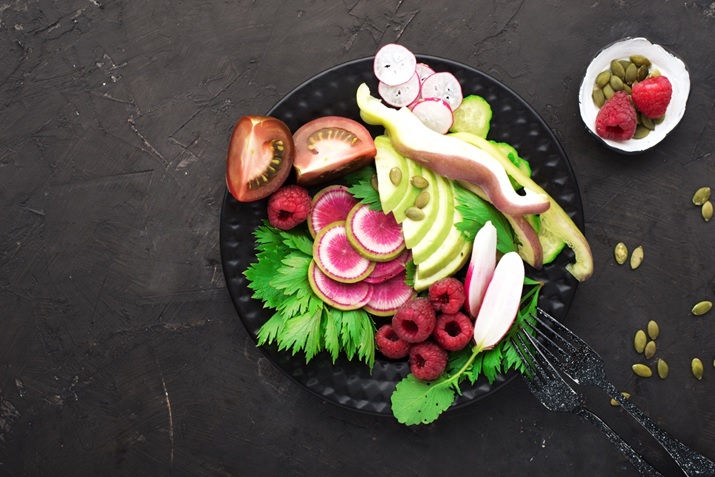Embarking on a keto journey involves a low-carb, high-fat diet, but where does fiber fit into this dietary puzzle? This guide will delve into the importance of fiber in a keto diet, explore rich sources, and offer tips on maintaining a fiber-rich keto lifestyle.
1. Understanding the Role of Fiber
Fiber is a carbohydrate that the body can’t digest, thus it doesn’t affect blood sugar levels, making it essential even on a low-carb diet like keto. Fiber aids in digestion, supports heart health, and keeps you feeling full longer.
2. Soluble vs Insoluble Fiber
• Soluble Fiber: Dissolves in water, forming a gel-like substance aiding in lowering blood cholesterol and glucose levels. Found in nuts, seeds, and some vegetables.
• Insoluble Fiber: Doesn’t dissolve in water, assisting in adding bulk to stools and preventing constipation. Present in vegetables, whole grains, and wheat bran.
3. Fiber-Rich Vegetables for Keto
Leafy Greens: Spinach, kale, and swiss chard are low in carbs and high in fiber.
Broccoli: A versatile vegetable, rich in both soluble and insoluble fibers.
Cauliflower: A keto favorite for its versatility and high fiber content.
4. Nuts and Seeds: Fiber Powerhouses
- Chia Seeds: Known for their high fiber content and ability to absorb water, they make a great addition to keto meals.
- Almonds: A snack rich in fiber and other nutrients.
- Flaxseeds: Ground flaxseeds can be used in a variety of dishes for a fiber boost.
5. Berries: A Sweet Source of Fiber
While most fruits are high in carbs, berries like raspberries and blackberries can be enjoyed in moderation for their fiber content.
6. Avocados: The Keto Superfood
Avocados are not only rich in healthy fats but also loaded with fiber, making them a keto staple.
7. Adjusting Fiber Intake: Listen to Your Body
Adapt your fiber intake based on your body’s responses. If you experience digestive discomfort, adjust portions and incorporate a variety of fiber sources.
8. Staying Hydrated: A Key Companion to Fiber
Water is essential when increasing fiber intake to aid digestion and prevent constipation.
9. Supplements: A Helping Hand
Fiber supplements can be considered if it’s challenging to meet fiber needs through food. However, consulting a healthcare professional before adding supplements is advisable.
Fiber holds a pivotal role in a balanced keto diet. By incorporating a variety of fiber-rich foods and maintaining hydration, you can reap the benefits of fiber while enjoying a flavorful keto lifestyle.


